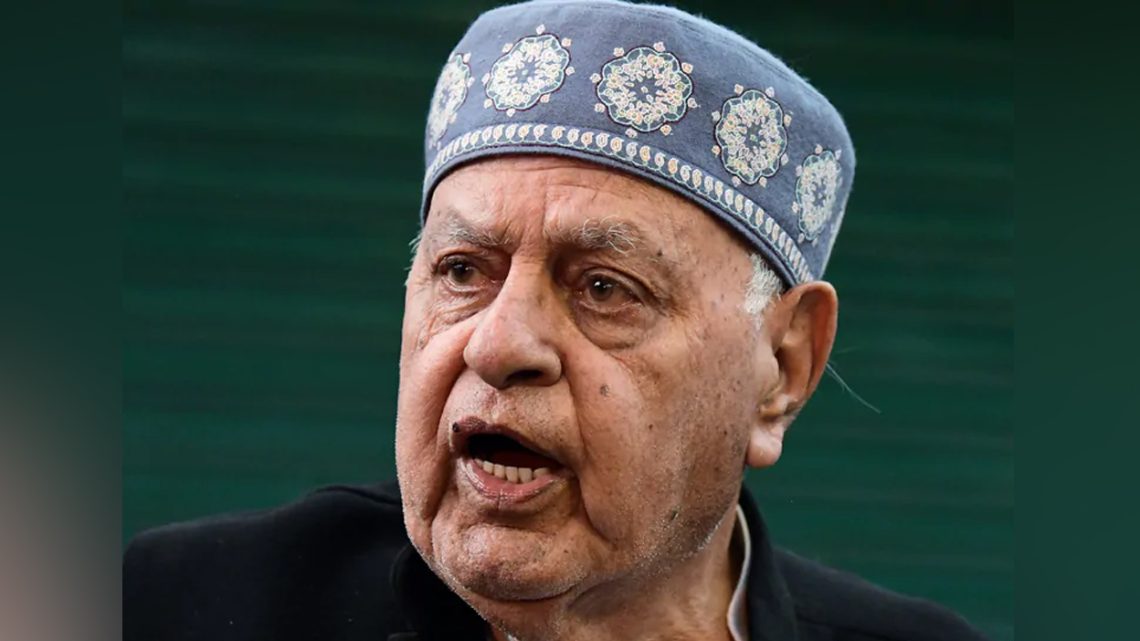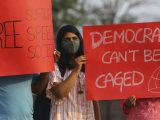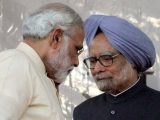
Dr. Farooq Abdullah Advocates ‘Dialogue’ for Peace in IIOJK
May 31, 2024Dr. Farooq Abdullah, President of the National Conference, remains resolute in his belief that dialogue is the key to establishing peace in the region, despite facing significant criticism. In a recent interview with an Indian media outlet, the former Chief Minister of Indian-illegally occupied Jammu and Kashmir (IIOJK) reiterated his commitment to promoting dialogue between India and Pakistan.
Dr. Abdullah expressed his hope for a shift in the political landscape following the upcoming Lok Sabha elections. He anticipates that a new government in Delhi will be more inclined towards engaging in discussions with Pakistan. “I hope we see good election results with a new government in Delhi that will pursue dialogue with Pakistan,” he stated. Despite being labeled as an agent for Pakistan, Khalistan, and America, Abdullah remains steadfast in his advocacy for peace through dialogue.
Dr. Abdullah highlighted the futility of war, emphasizing that the situation in Jammu and Kashmir will not improve until India and Pakistan acknowledge that armed conflict is no longer a viable solution. He stressed the importance of recognizing that dialogue is the only path forward to resolve longstanding issues and bring stability to the region.
Additionally, Dr. Abdullah called for international intervention regarding recent shooting incidents in the area. He urged for the creation of international pressure and the involvement of global investigative agencies to probe these matters. This call for external scrutiny reflects his belief that transparency and accountability are essential for peacebuilding efforts.
Analyzing Dr. Abdullah’s stance, it becomes evident that his emphasis on dialogue stems from a deep understanding of the historical and ongoing tensions between India and Pakistan. His call for a change in government highlights his belief that a different political approach is needed to foster bilateral relations. By advocating for dialogue, Dr. Abdullah aims to break the cycle of hostility and encourage a more diplomatic resolution to conflicts.
His criticism of war as a means to an end underscores the devastating impact that prolonged conflict has had on the region. Dr. Abdullah’s call for international investigations into recent violent incidents indicates a desire for objective oversight and justice, furthering his commitment to peace and stability.
Dr. Abdullah’s advocacy for dialogue, despite facing harsh criticism and accusations, demonstrates his dedication to a peaceful resolution of disputes. His vision for improved relations between India and Pakistan is not just about political strategy but also about the humanitarian need to alleviate suffering in the region. By pushing for dialogue and international accountability, Dr. Abdullah seeks to create an environment where peace can be realistically pursued and sustained.
To conclude, Dr. Farooq Abdullah’s firm belief in dialogue as the cornerstone for peace in the region presents a hopeful perspective for the future of India-Pakistan relations. His advocacy, despite facing significant opposition, underscores the necessity of diplomatic engagement and international cooperation in resolving one of the most enduring conflicts in South Asia.

